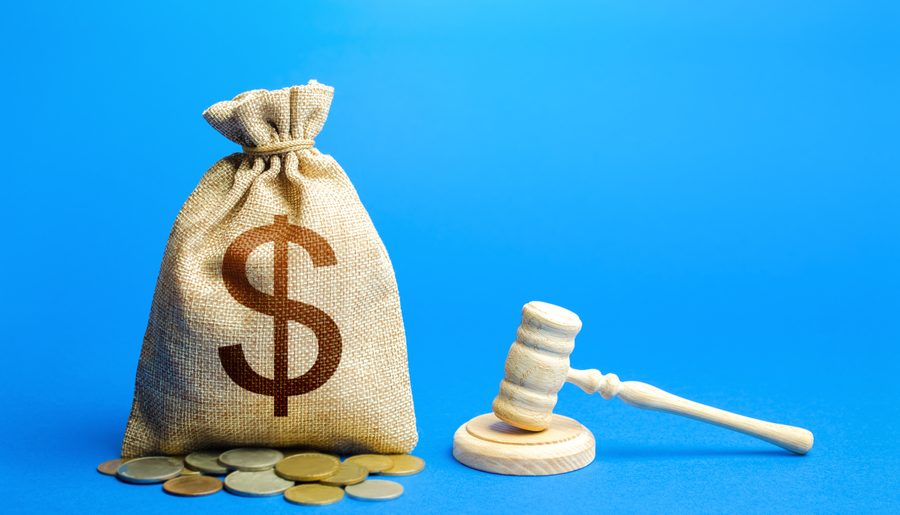 Your standard case involves a loss caused by an insured party. Whether or not that party is actively participating, the carrier is bound by its duty to defend (as defined by California Insurance Code section 533.5(c)), and at least the policy limits can be up for grabs. Of course, in order for that carrier to offer the policy limits, you need to establish and prove a theory of liability and damages. Also, with the insured loss, there is at least a claims representative and/or a defense counsel to communicate with. Please note, if the carrier has not or cannot get ahold of their insured, then 1) the carrier may withdraw any offer of the policy limits, thereby denying coverage for non-cooperation; 2) you can successfully argue to strike a Defendant’s responsive pleading, or oppose a motion to set aside default.
Your standard case involves a loss caused by an insured party. Whether or not that party is actively participating, the carrier is bound by its duty to defend (as defined by California Insurance Code section 533.5(c)), and at least the policy limits can be up for grabs. Of course, in order for that carrier to offer the policy limits, you need to establish and prove a theory of liability and damages. Also, with the insured loss, there is at least a claims representative and/or a defense counsel to communicate with. Please note, if the carrier has not or cannot get ahold of their insured, then 1) the carrier may withdraw any offer of the policy limits, thereby denying coverage for non-cooperation; 2) you can successfully argue to strike a Defendant’s responsive pleading, or oppose a motion to set aside default.
The troubled case involves a loss caused by an uninsured party. The adverse party may not have coverage for one of several reasons (i.e., never obtained insurance, lapse in coverage, exclusions apply, noncooperation, etc.). This situation can make several aspects for your pursuit of subrogation recovery more difficult: 1) locating and effecting service of the party; 2) getting the party participating in negotiations and/or litigation; 3) getting the party to understand the legal consequences of the loss and the party’s participation (or lack thereof); etc.
Despite the difficulties, say your client urged you to push through litigation, just to see if the adverse party would turn up or come to reason. You have located and served the adverse party, but the adverse party failed to file a response to the complaint. Then you obtained default judgment. Your client may be pleased to have official court documents granting full principal damages, plus interest, and reimbursement of all court costs. However, you know that those official court documents against an uninsured party are as good as if written in lipstick on a cocktail napkin, unless you can enforce judgment.
Enforcement against an uninsured party is difficult, time consuming, and a low likelihood of success. In California, a civil judgment is valid for 10 years (California Code of Civil Procedure sections 683.110 et. seq.). With that hope, you may be able to enforce the cocktail napkin within the decade. It is best to complete a thorough asset check on individuals and small businesses on the outset of preparing your subrogation recovery strategy and definitely before expending time and resources in pursuing uninsured losses.





